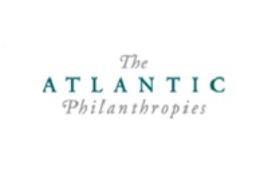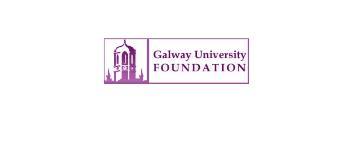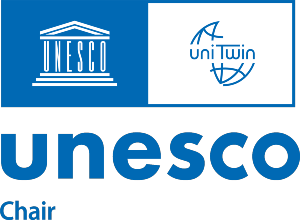2015
Projects completed in 2015
| Project Title | Lone Parents and Activation, What Works and Why: A Review of the International Evidence in the Irish Context. |
| Completed Date | December 2015 |
| Research Team |
Dr Michelle Millar, Dr Rosemary Crosse |
| Project Summary | This research investigated best practice and innovative approaches to the labour market activation of lone parents in Ireland and internationally. More specifically, the research focused on the implementation of policies, programmes and practices which enable lone parents to engage in paid employment or progress to employment. Where such employment ultimately provides adequate living standards, improved individual and family well-being and better social outcomes. In essence the study concerns the labour market activation of lone parents, what works and why? Answers have been achieved by providing an evidence base concerning what works in assisting lone parents in the labour market activation process and why it worked. This evidence is grounded in its application to the Irish context, by giving due consideration to the profile of Irish lone parents and the barriers to paid employment experienced by them as well as the relevance and applicability of such approaches to the Irish policy landscape. |
| Outputs | |
| Funded by | 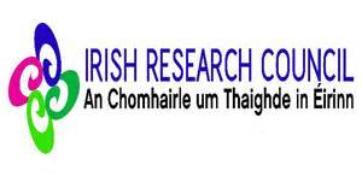 |
| Project Title | Responding to Child to Parent Violence Action Research Project |
|---|---|
| Completed date | January 2015 |
| Research Team |
Dr Declan Coogan and Ms Eileen Lauster |
| Project Summary |
Child to Parent Violence (CPV) is the most hidden, misunderstood and stigmatised form of family violence. It involves teenage and younger girls and boys who use physical, psychological, emotional and financial abuse over time to the extent that parents/carers live in fear of their child. This particular form of violence in the family is not yet being adequately addressed or explored in Europe. |
| Outputs | |
| Funded by | 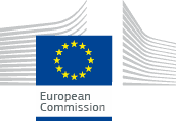  |
